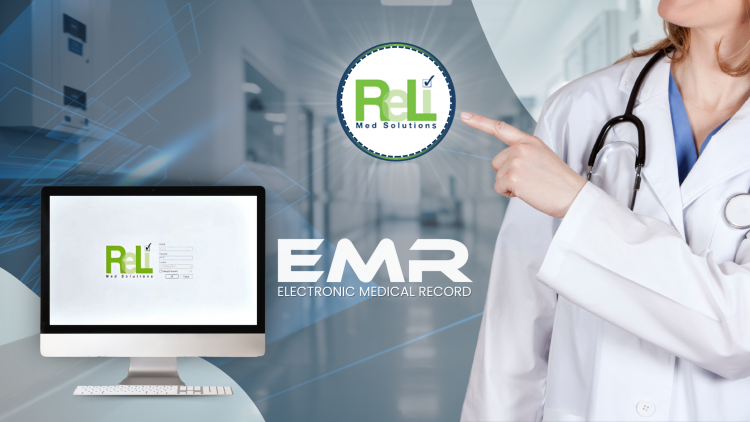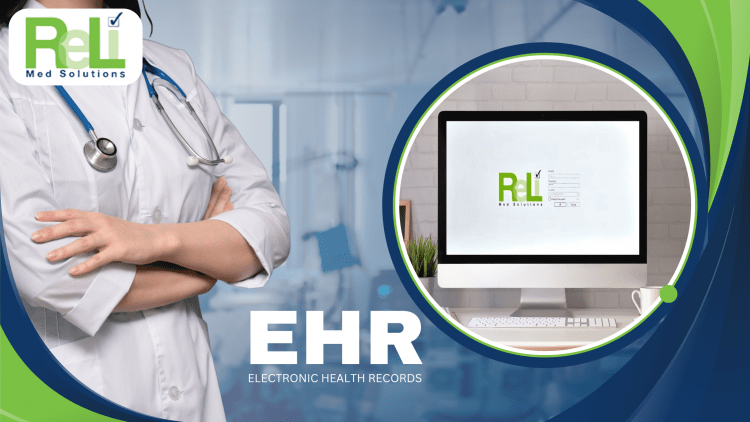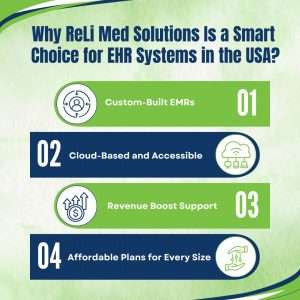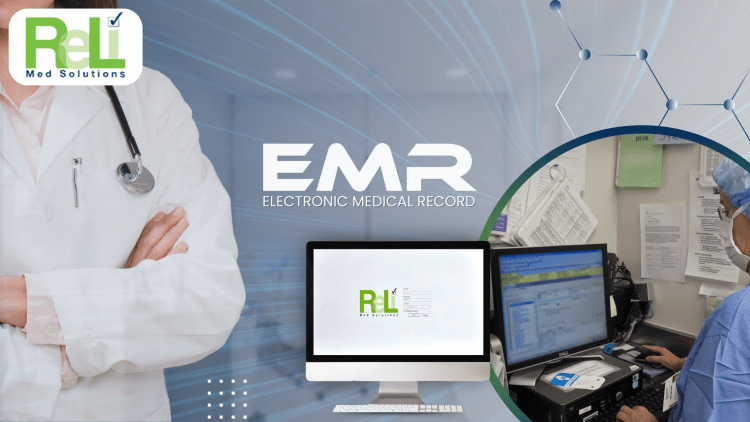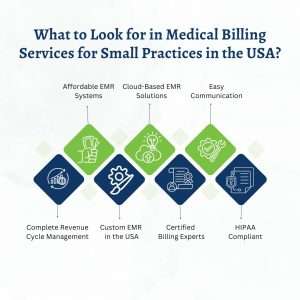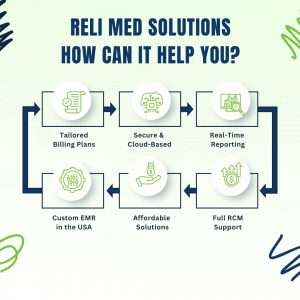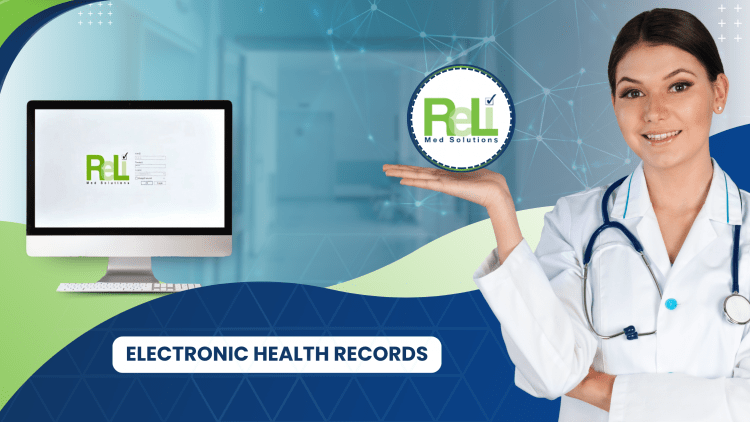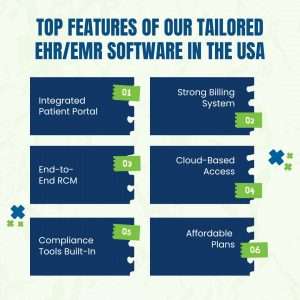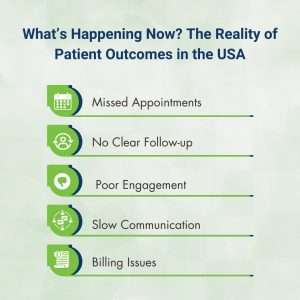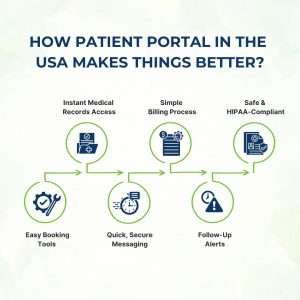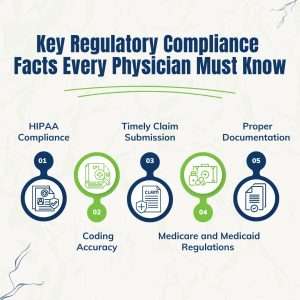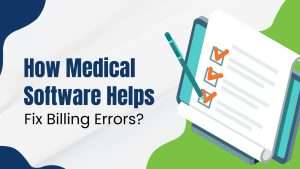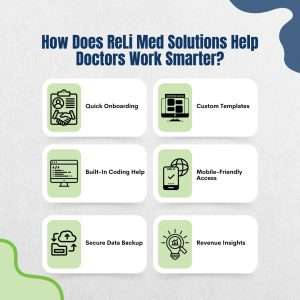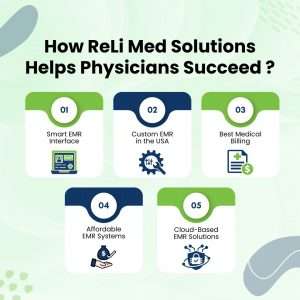Do you want faster payments? Medical Billing Software in the USA Delivers Results
As a doctor, you work hard to give the best care to your patients. But sometimes, your payments take too long to arrive. It may be due to billing mistakes, slow insurance replies, or missing documents. Because of that, your cash flow gets affected, and your staff ends up wasting time following up. So, what’s the solution? Medical billing software in the USA is the answer. It helps speed up your payments, reduces errors, and improves tracking. If you want smooth payments and less stress, it’s time to switch now.
Medical Billing Software in the USA Delivers Results
This software helps doctors and clinics in many helpful ways. Let’s look at how it works:

- Quick Claim Submissions: Medical billing software in the USA lets you submit claims in just a few clicks. So, your staff saves time and avoids long paperwork.
- Fewer Errors: It checks for wrong codes or missing info before sending claims. Because of that, your claims get approved faster and with fewer rejections.
- Faster Payments: Clean claims go through faster. As a result, your revenue cycle management becomes smoother and quicker.
- Clear Revenue Reports: You get simple reports to track how much money is coming in and what is pending. Therefore, you can plan your budget better and avoid surprises.
- Better Patient Experience: Bills are correct and easy to understand. Also, patients feel happy and trust your clinic more.
How Does ReLi Med Solutions Help in Making It Happen?
ReLi Med Solutions understands what doctors really need. We offer tools that are made especially for you, not just general software:
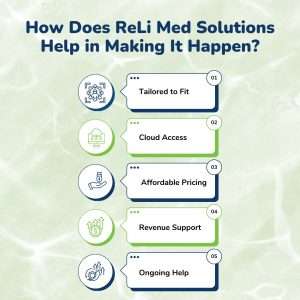
- Tailored to Fit: We give you custom EMR in the USA, which is built to suit your practice. So, you only get what you really need, nothing more, nothing less.
- Cloud Access: Our cloud-based EMR solutions let you work from anywhere. If you’re not at the clinic, you can still check patient records or billing details anytime.
- Affordable Pricing: We offer affordable EMR systems that work well for small clinics, too. Because of that, even a small practice can use powerful technology.
- Revenue Support: Our tools make revenue cycle management faster and more accurate. Also, we help with claim rejections and guide you on how to fix them.
- Ongoing Help: We stay with you even after setup. So, if you face any problem, we’re just one call away.
Expert Opinion: Tips That Physicians Should Know
The team at ReLi Med Solutions shares an important tip:
“Many doctors lose time and money because of small billing issues. However, when you use medical billing software in the USA, these problems can be fixed fast. Also, adding cloud-based EMR solutions makes everything work better together.”
They say it’s not just about having software. You also need the right support and setup. That’s why choosing a provider that offers custom EMR in the USA and affordable EMR systems is very important. If you want better results in your practice, your tools should work with you, not against you.
Conclusion
Getting paid faster doesn’t have to be hard. With ReLi Med Solutions, you get the tools that help you do better billing, better tracking, and better results. Our medical billing software in the USA is already helping many doctors reduce delays, cut errors, and improve their revenue cycle management. We also offer cloud-based EMR solutions and affordable EMR systems to support you in every part of your practice. So, don’t wait for things to get more complicated.
Make the smart move. Let ReLi Med Solutions help your practice grow faster. Contact us today!

